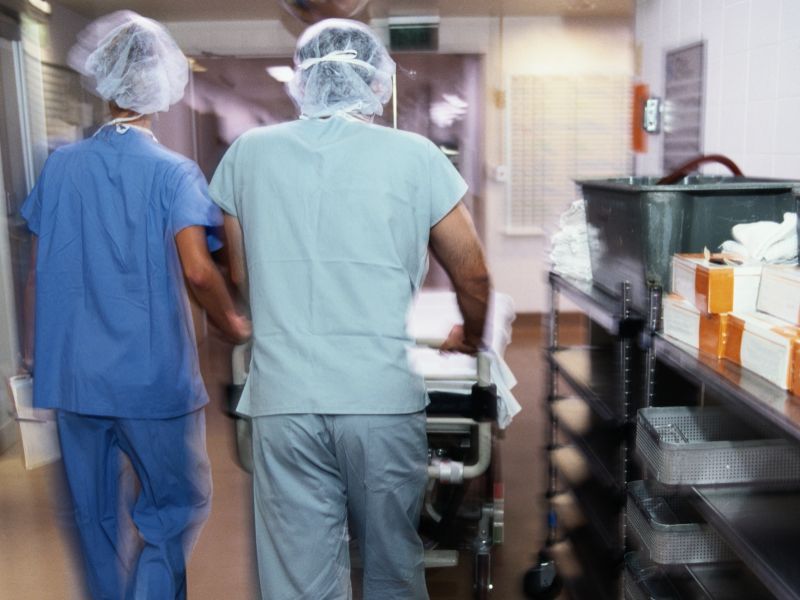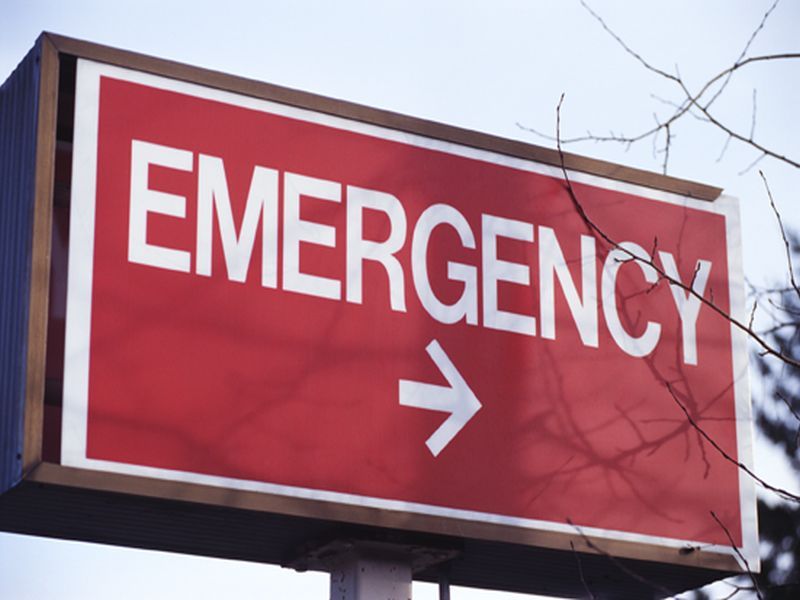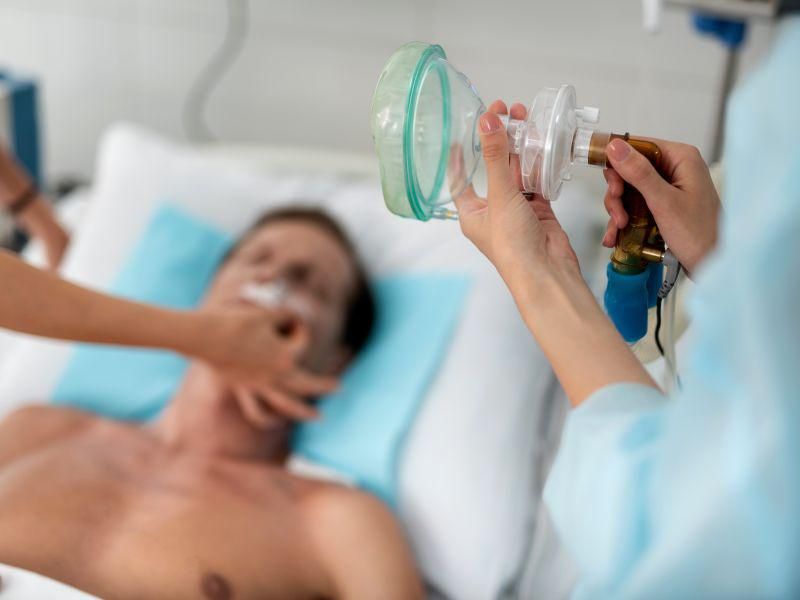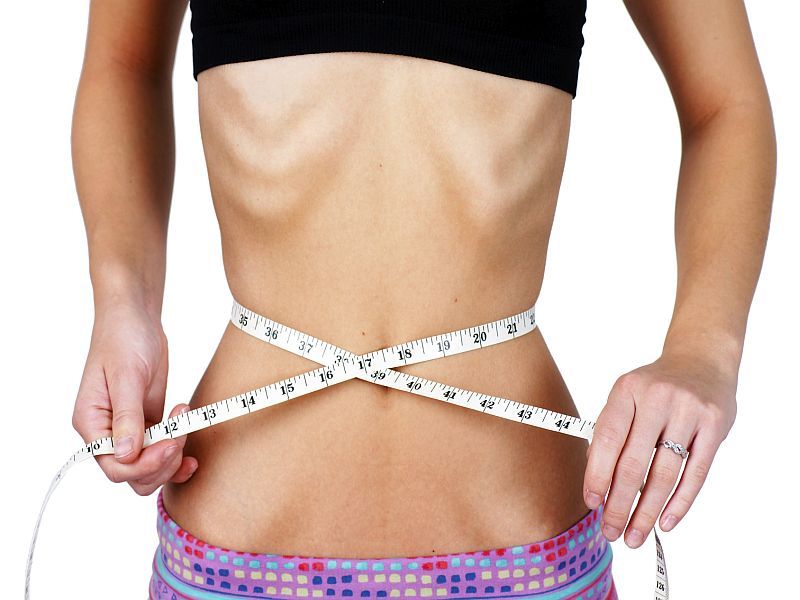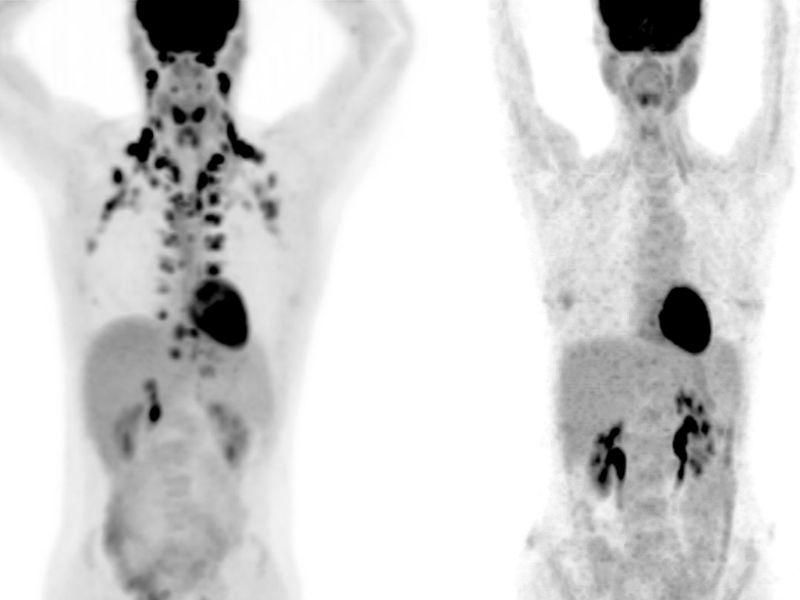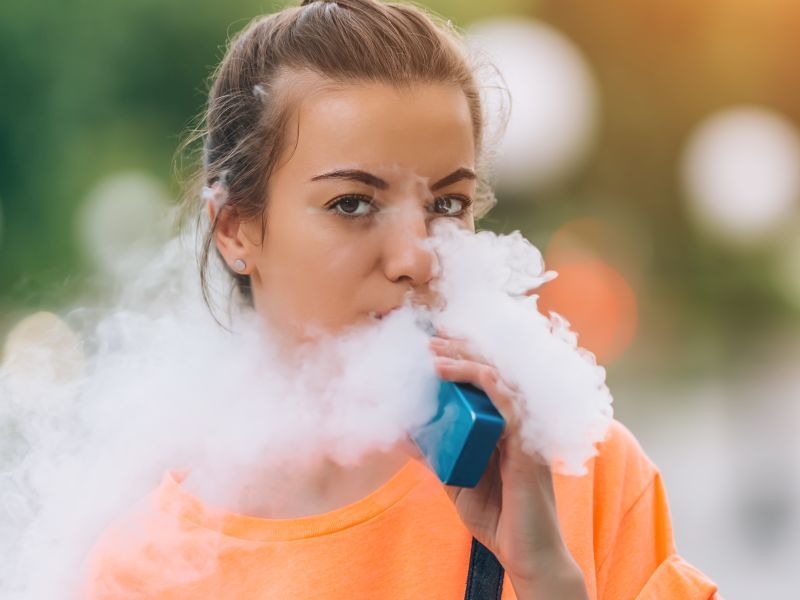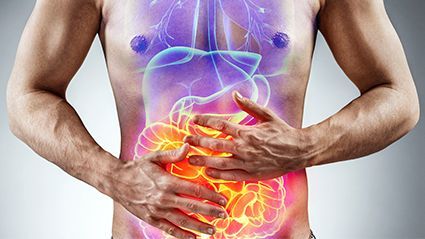
Improved lung cancer treatment is a major reason for the 31% decline in cancer death rates in the United States between 1991 and 2018, including a record 2.4% decrease from 2017 to 2018, the American Cancer Society says. How the COVID-19 pandemic will affect this downward trend is unknown, the society noted. “The impact of… read on > read on >











